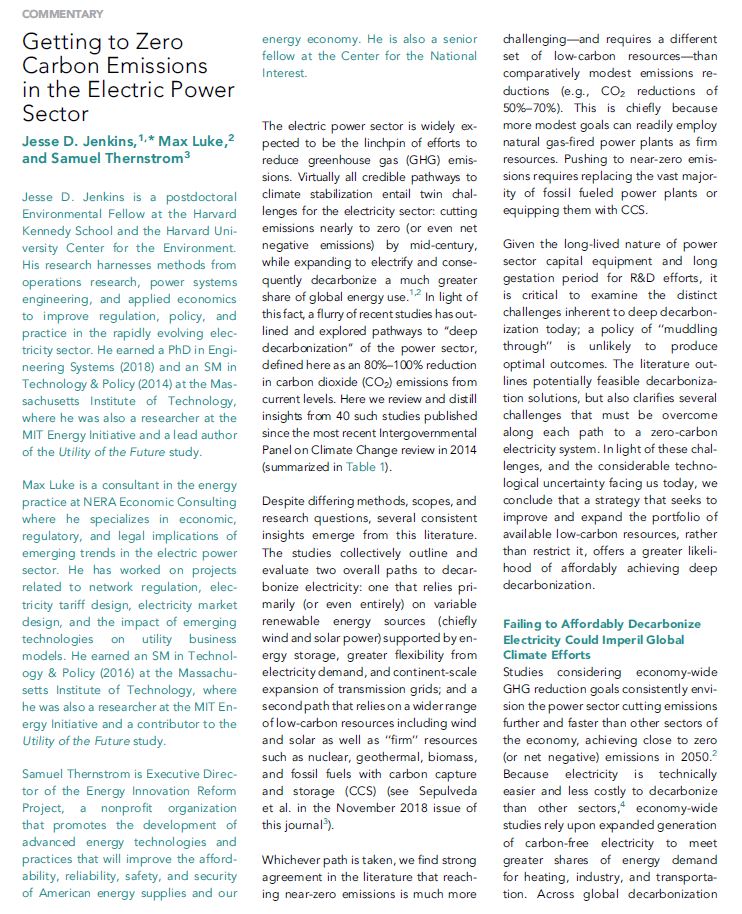I asked @MelissaMalvaez to come up with a simple side project…
...she ended up discovering a molecular director of habit.
Here’s what she found. Thread👇
biologicalpsychiatryjournal.com/article/S0006-…
Free for 50 days:
authors.elsevier.com/a/1XYUd1S07YLQ5






